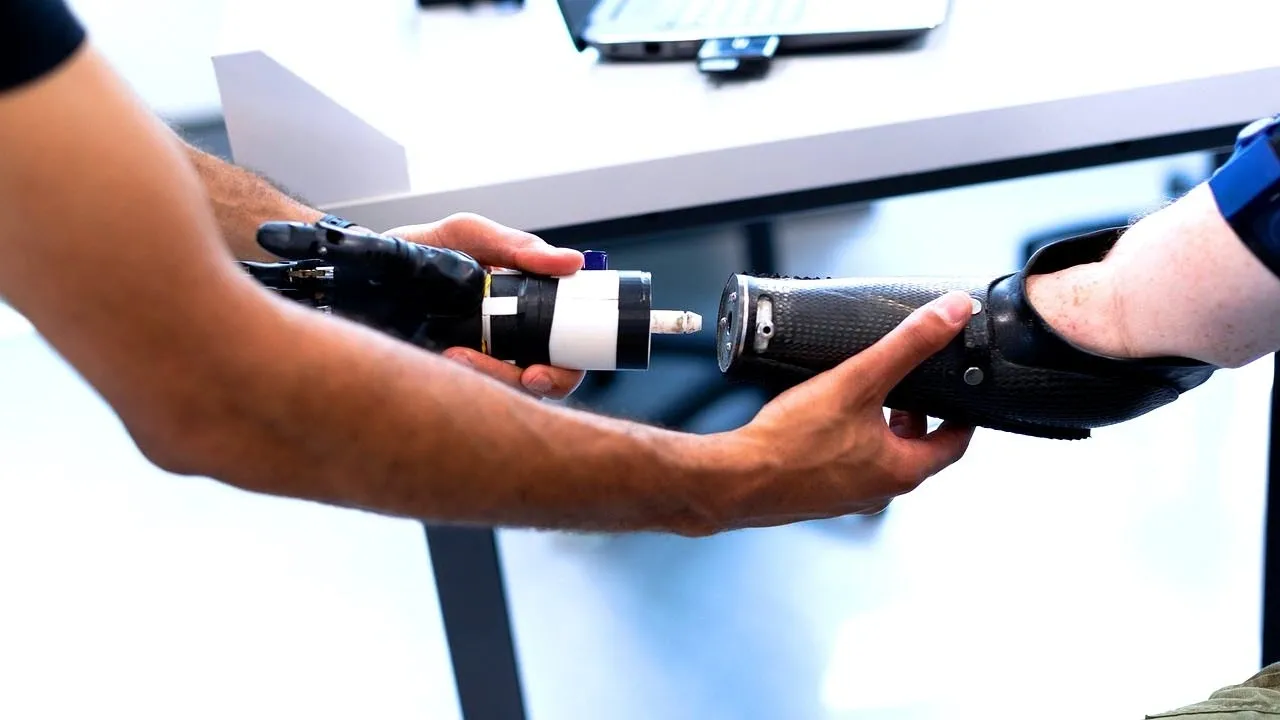Orthopedic surgeons play a crucial role in advancing prosthetic technology. Their expertise drives innovation and improves the quality of life for many. By addressing complex issues, they help create more functional prosthetics. An orthopedic shoulder & elbow surgeon La Jolla, for instance, works tirelessly to develop better solutions for patients. Their work leads to breakthroughs and sets new standards in the field.
Innovation and Expertise
Orthopedic surgeons are at the forefront of medical advancements. They combine surgical skills with an understanding of biomechanics. This unique blend of knowledge allows them to design prosthetics that mimic natural movement. Through meticulous research, they identify challenges and create targeted solutions. Surgeons collaborate with engineers and scientists to push boundaries in prosthetic design.
The Impact of Advanced Prosthetics
Modern prosthetics offer more than just basic functions. They provide improved mobility and independence. These advancements help individuals participate fully in daily life. Orthopedic surgeons contribute to these improvements in three key areas:
- Enhanced joint movement
- Better comfort and fit
- Improved durability
These factors combine to create prosthetics that blend seamlessly with the body. Surgeons prioritize patient feedback to refine these elements further. This patient-centered approach ensures that each prosthetic device meets specific needs.
Comparison of Prosthetic Advancements
| Feature | Traditional Prosthetics | Modern Prosthetics |
|---|---|---|
| Joint Movement | Limited | Dynamic and natural |
| Comfort | Rigid and bulky | Lightweight and flexible |
| Durability | Prone to wear | Long-lasting materials |
Current Research Initiatives
Research plays a critical role in prosthetic development. Surgeons and researchers engage in ongoing studies to refine these technologies. They focus on areas such as:
- Material innovation for lighter devices
- Sensors for more responsive movement
- Integration with neural pathways
These initiatives lead to prosthetics that offer increased functionality. With each breakthrough, prosthetics become more sophisticated and user-friendly.

Collaboration and Future Prospects
Orthopedic surgeons work closely with various experts. This collaboration with engineers, physiotherapists, and researchers fosters innovation. Together, they design prosthetics that cater to diverse needs. According to the National Institutes of Health, such collaborations enhance the scope of prosthetic applications.
The future of prosthetic technology looks promising. Surgeons continue to explore new possibilities. As technology advances, the potential for more personalized and effective prosthetics grows. These innovations stand to improve countless lives and redefine what is possible in medical care.
Conclusion
Orthopedic surgeons are pivotal in shaping the future of prosthetic technology. Through innovation and collaboration, they pave the way for devices that improve lives. Their commitment to excellence ensures ongoing progress in this field. As advancements continue, the impact of their work will resonate even more strongly, offering hope and enhanced quality of life to many.

